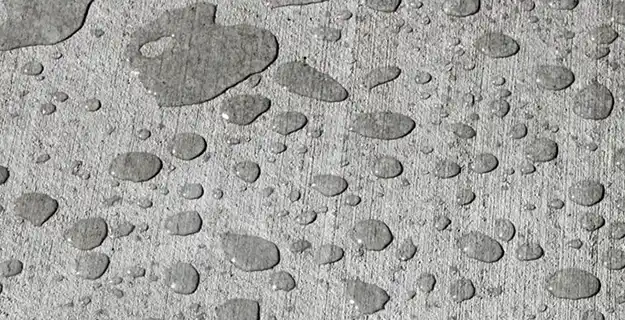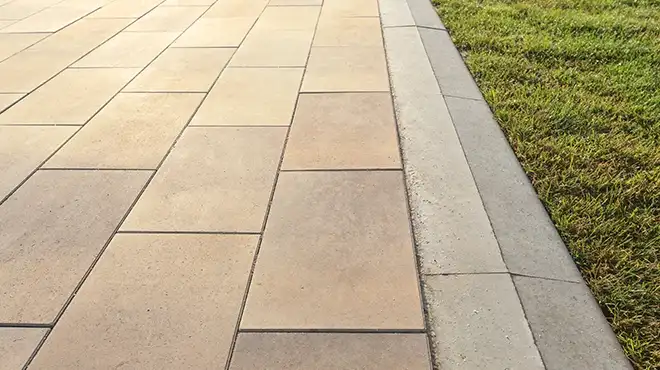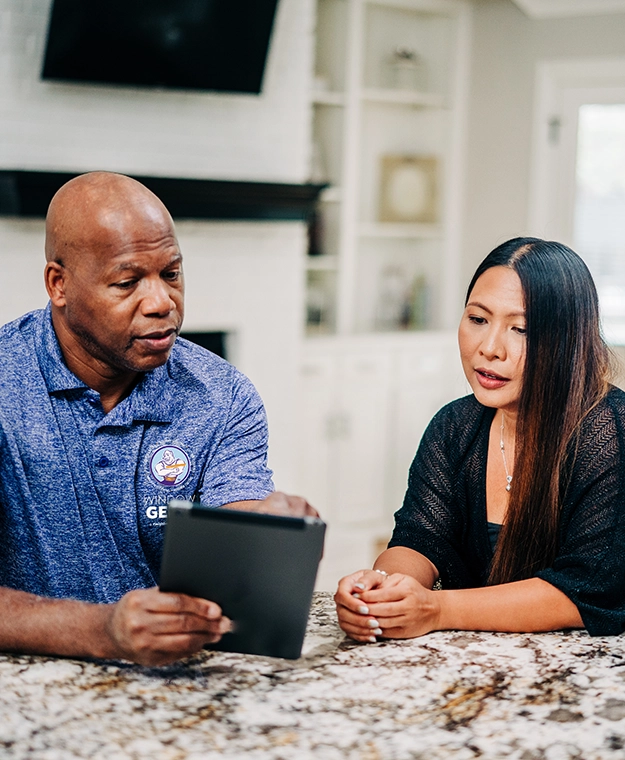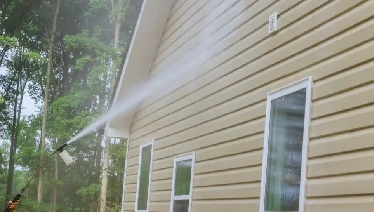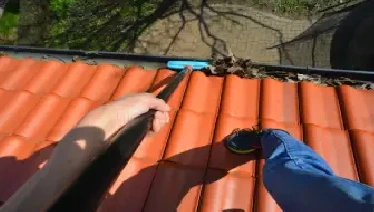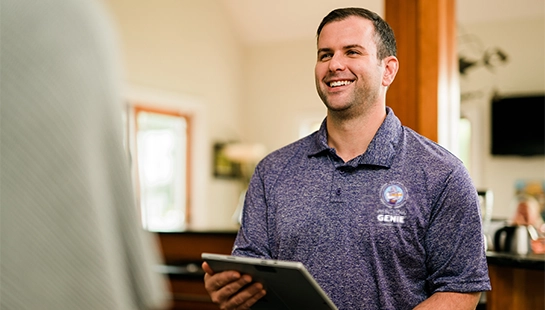You’ve invested in the beautiful, timeless pavers on your property. While they typically don’t require a lot of maintenance to keep up with their appearance, they can become tarnished over time by a variety of environmental factors, including:
- Weeds
- Moss
- Mold
- Soil erosion
- Weather stains
- Fading from the sun
- Ants and other pests
High-Quality Products for Lasting Protection
You can avoid irreversible damage to your concrete by having your pavers professionally sealed. When you have your pavers professionally sealed, you can avoid irreversible damage. The Window Genie of Loudoun technicians use state-of-the-art compounds to seal your pavers, ensuring long-lasting protection. Our technicians can help you decide what type of sealant is best for your concrete.
How Long Should Concrete Cure Before Sealing?
If your concrete is new, we recommend completely curing it before professionally sealing it. In most cases, concrete can take anywhere from six months to a year to cure before applying high-quality concrete sealant.
How Long Does It Take Concrete Sealant to Dry?
Most concrete sealants are dry to the touch within a few hours, but avoiding walking on the surface is important. We recommend staying off freshly sealed concrete for at least 24 hours, with some topical sealants taking longer to completely dry. We'll let you know when walking or driving on your sealed concrete is safe.
Can I Paint Over Sealed Concrete?
You can’t paint over topical concrete sealer. All painting should be done before any chemicals seal the surface. Concrete sealers are available in many tints and will protect the paint underneath and avoid stains.
Can Concrete Driveway Sealers Be Used to Repair Cracks?
We don’t recommend using concrete sealers to repair cracks, especially if the cracks are greater than 1/16". Sealers are not intended to be used as fillers or as a patching material. Cracks in concrete that are left unfilled can undermine the benefits and effectiveness of the concrete sealer.
